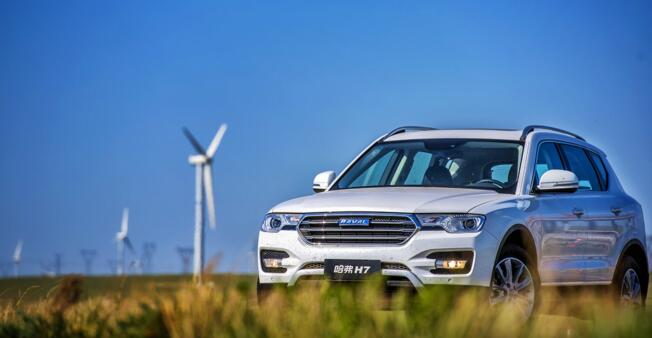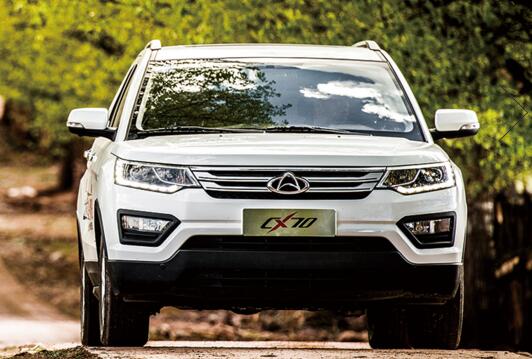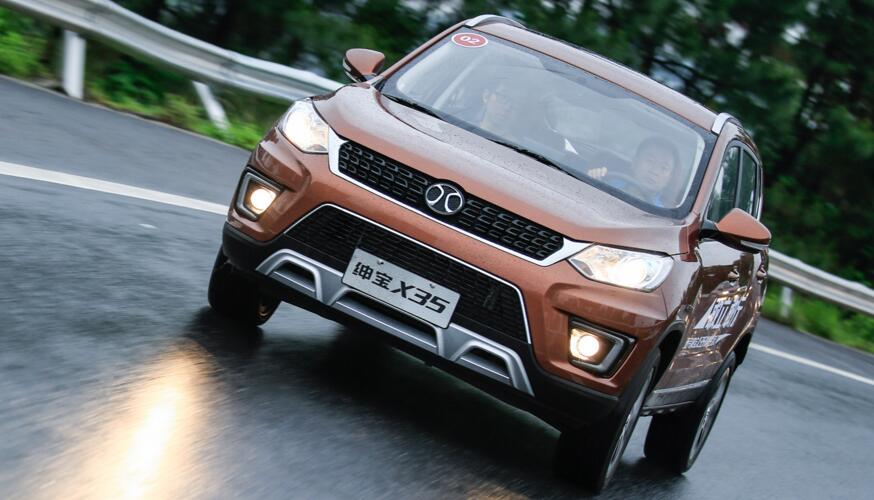Analysis: Can Chinese own brand SUV sales recover?

Gasgoo.com (Shanghai) - 2014 and 2015 were important years for the Chinese automobile market and especially for domestic own brand manufacturers in particular. Own brands have been able to overcome difficulties in the sedan segments by shifting their focus towards the SUV and MPV segments, which in turn has allowed them to recover and compete with joint venture manufacturers for market share. Chinese own brands seemed to had finally come into their own stride with the explosion of popularity of Chinese SUV models.
However, with the arrival of 2016, that trend seemed to have worn out, as sales of Chinese SUV models begun slipping. Several popular own brand models, like the SAIC-GM-Wuling Baojun 560, Changan CS75 and JAC Refine S3, have seen their monthly sales fall by large amounts. Gradually own brand SUVs are being forced out of the top ten sales charts and are being replaced by offerings from foreign brand joint ventures. This reversal of fortunes has left many own brand manufacturers wondering where they have gone astray.

This may in fact be due simply to the fact that JVs are finally beginning to take notice of the SUV segment. With their brand reputation and recognition, it is no wonder that own brand models are being shoved aside. This is pretty distressing news for own brand manufacturers, with several of the lesser ones pretty much relying on the sales of one or two key SUV models. For those manufacturers which have abandoned the sedan and MPV segments to focus on developing and selling SUVs, this trend is especially worrying.
One reason that own brand SUV models are being so easily replaced by JV models may be that many own brands focused merely on increasing production capacity without spending the adequate time and resources to build more competitive products. This in part is a continuation of Chinese manufacturers’ habit of copying JV and foreign brand models, which is a deep-rooted convention that traces its history back to the establishment of many own brands. While many of the major manufacturers have abandoned this practice in fear of being penalized for intellectual infringement and in order to strengthen their own unique identity, many second-tier and third-tier own brands still retain this custom.
However, even for those manufacturers who pride themselves on developing their own unique SUV model, the issue of core product competitiveness remains a major one. Chinese manufacturers have always had a tendency to try to undercut their competitors by offering cheaper alternatives. This mindset has always been a ticking time bomb, as Chinese consumers’ preferences is naturally shifting towards buying higher quality products as their purchasing power increases. JV models not only offer more features, but their increased reliability and stability becomes more apparent as reports of quality defects in own brand models leading to overheating engines, burst tires, fuel leaks electronic failures and other problems accumulates. An end result of this lack of confidence and trust in own brands is a decrease in sales when compared to JVs.
That being said, it may be a little too soon to write own brand manufacturers off. Several major manufacturers like Changan, Geely, SAIC and GAC are investing a great deal into R&D and marketing to compete on an international level. This effort has shown off positive results, especially in the field of new energy and driverless vehicles.

It seems inevitable that lesser Chinese own brand manufacturers will be driven out of the market. The hope is that the larger manufacturers will be able to overcome the problems that plague own brands and compete with JVs by delivering new innovations and stronger products.
Gasgoo not only offers timely news and profound insight about China auto industry, but also help with business connection and expansion for suppliers and purchasers via multiple channels and methods. Buyer service:buyer-support@gasgoo.comSeller Service:seller-support@gasgoo.com







